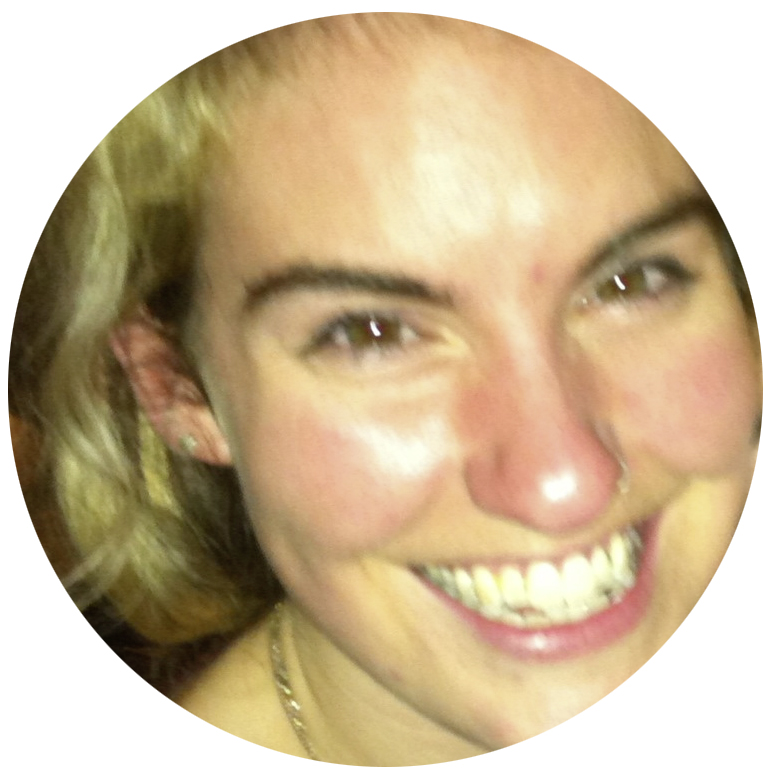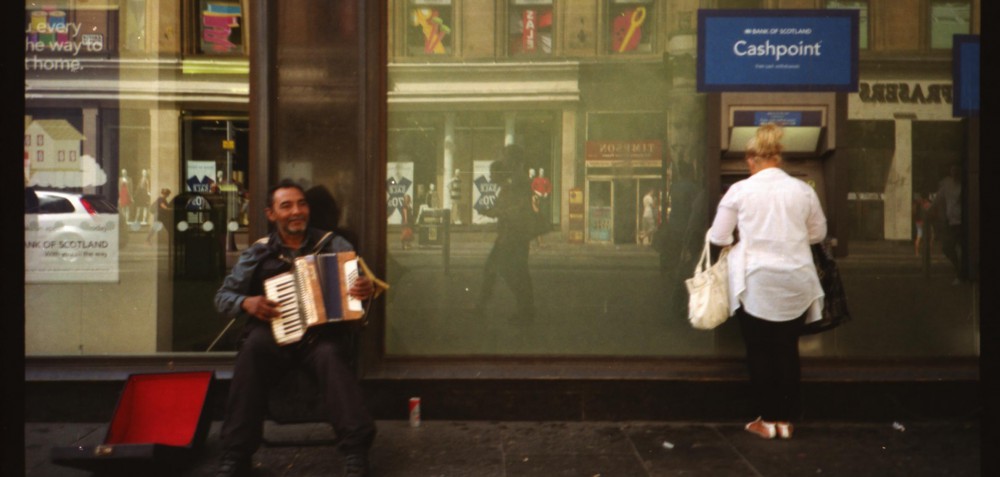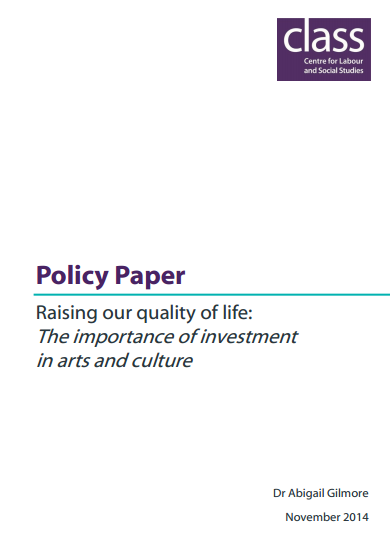The UEP project has undertaking research examining the effect of place and space on patterns of participation in libraries and leisure centres. The findings shed light on potential new ways to encourage public attendance.
Read about the research findings and access our report: The effect of place and space on patterns of participation in libraries and leisure centres.

 Varina is the newest member of the UEP team. As one of our Research Associates, Varina will be undertaking various mapping work across the ecosystems.
Varina is the newest member of the UEP team. As one of our Research Associates, Varina will be undertaking various mapping work across the ecosystems.



